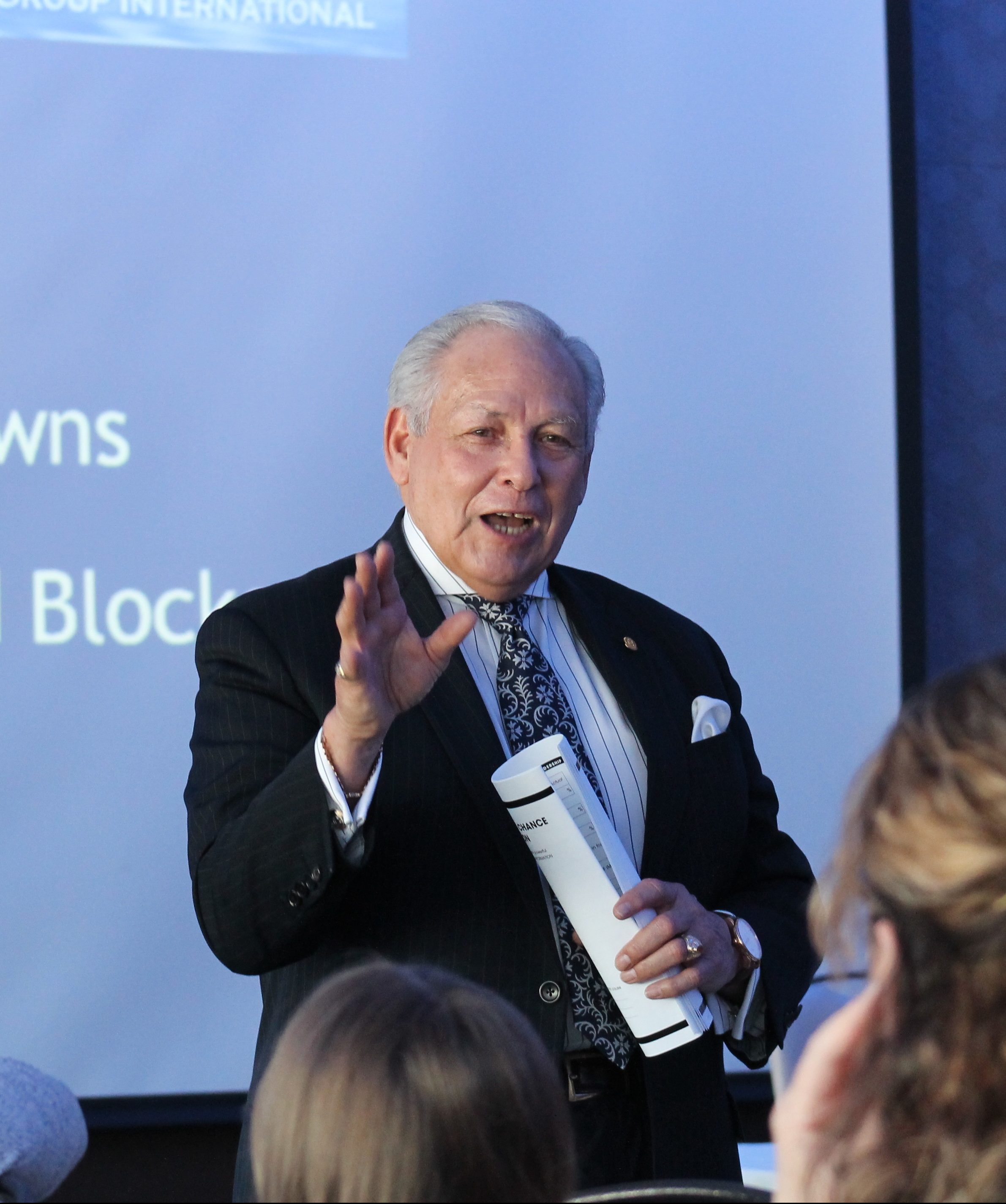
“I was totally prepared to attend for just the first few minutes of your presentation. Being the show producer, I needed to be accessible throughout the day to “put out fires.” However, from the moment you began your presentation, I realized that I just could not leave. The passion and honesty that you put forth made it impossible to for me to leave. Thank you, Chuck.”
Diane Andrews, Executive Director, Michigan Green Industry Association

Leadership through Personal Power
“Leadership through Personal Power” is a course that emerged out of a year and a half of research. The findings were amazing and the focus of this workshop.
Leaders that were revered, respected, honored and even loved had four things in common; they were:
1. They had mastered that skill of effective communication. They were gifted at commu-nicating the vision of where the organization was going, as well as being excellent one-on-one. The most common response by employees was, “she/he listens to me.”
2. They had a wonderful attitude and a healthy self-image. Their attitude toward work, family and community was exemplary. As well, they knew who they were and, most noticeable, was their humility.
3. They were all excellent at setting and achieving both personal and professional goals. They were excellent at navigating the economic, political and social trend to achieve the desired results.
4. They had the courage of their convictions.
In this workshop you will learn:
- What the number one responsibility of a leader is
- Explore what underpins personal power, positional power and utility power
- You will learn what we call “3D vision to success”
- You will learn there is no greater inequality than the equal treatment of un-equals
- You will learn the importance of mastering the skill of communication and why it is so important. We will explore how phrases, terms and expressions can create barriers, breakdowns and roadblocks to effective communication
- We will explore the importance attitude, skill and knowledge play in building great leadership
- We will affirm that success is not the absence of failure – but rather the accumulation of knowledge gained from failure and then applied
- You will learn that when setting goals, when the WHY is big enough the facts don’t count
